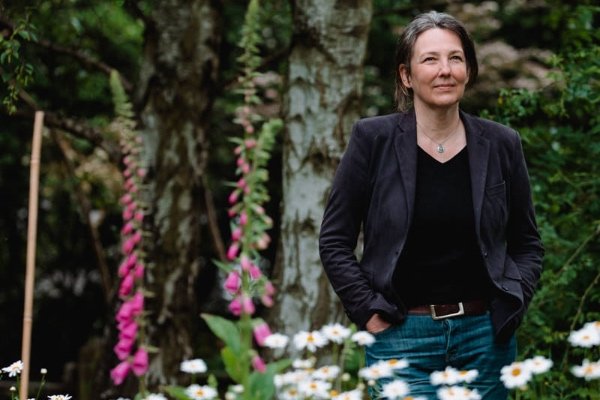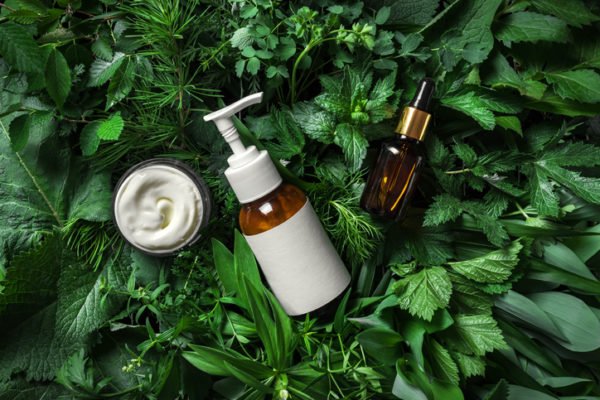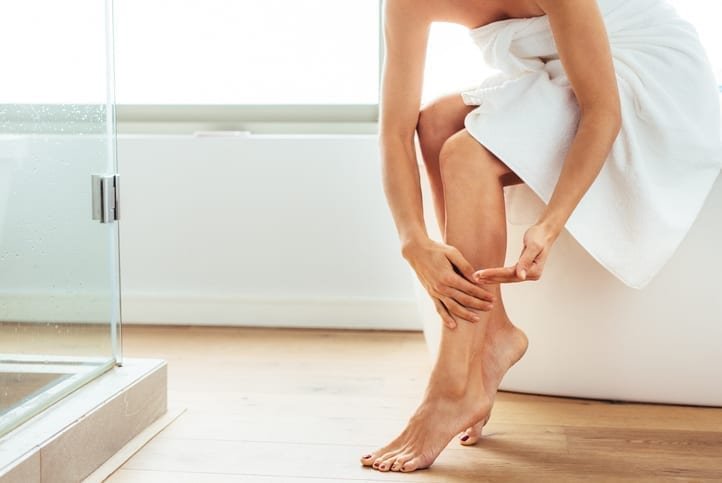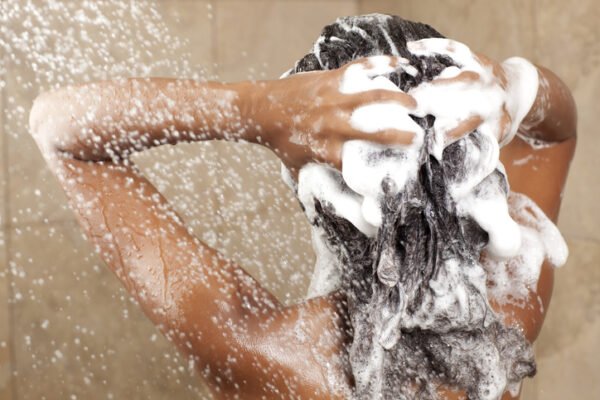This article first appeared in our COP28 issue of My Green Pod Magazine, published 30 November 2023. Click here to subscribe to our digital edition and get each issue delivered straight to your inbox
Sam Thurlby-Brooks was on a winning streak when she did something the business world needs to see a bit more of: she gave up on her first invention – when sales were strong – because she could see it would have a devastating long-term impact on the environment.
Sam, an advanced specialist in pregnancy, labour and postnatal massage, had created a unique self-inflating pregnancy pillow.
‘Just before I was going to place an order, the climate crisis became really apparent’, Sam remembers. ‘I couldn’t bring myself to make more plastic inflatable pillows knowing they would end up in landfill.’
It’s hardly surprising that when Sam refocused her Mumanu brand on organic balms – evolutions from the pregnancy-safe massage balms created to complement her massage treatments – she did so with a holistic approach that took in everything from the impact of the ingredients to fairer pay for farmers.
Just like that, Mumanu became the UK’s only cosmetics company to certify its entire range organic and Fairtrade.
Avoiding greenwash
There are no laws regulating the terms organic, natural or fair trade on cosmetics products in the UK. A 99% synthetic product with 1% organic ingredients can still be labelled organic.
‘That’s not cool with me’, Sam says. ‘We need the same regulations for cosmetics, wellbeing and cleaning products as we have for food and drink.’
For Sam, third-party certification is the only way to guarantee a product is ethical. ‘Being Soil Association certified COSMOS Organic means people can trust my products to actually be organic – and to the highest standards’, Sam explains. ‘Some organic certifications are not as strict as COSMOS, and some are not third party. I don’t see that you can trust certifications set up by the brands that are using them.’
Sam also chose to certify all Mumanu’s products with Fairtrade so that farmers and producers are paid a fairer price for ingredients, with slavery and other human rights violations prohibited.
‘Many ingredients in skincare come from lower-income countries in regions of Africa and Asia where there can be limited regulations protecting the safety and rights of workers’, Sam tells us. ‘As far as I’m concerned, beauty should never be at the expense of someone else’s happiness. Farmers should never live in poverty just so I can have soft, moisturised skin.’
 Play Video about This Rock Might Just Save The World
Play Video about This Rock Might Just Save The World Play Video about Play 2 hours of rock
Play Video about Play 2 hours of rock Play Video about Play 2 hours of brook
Play Video about Play 2 hours of brook Play Video about Play 2 hours of sheep
Play Video about Play 2 hours of sheep












































